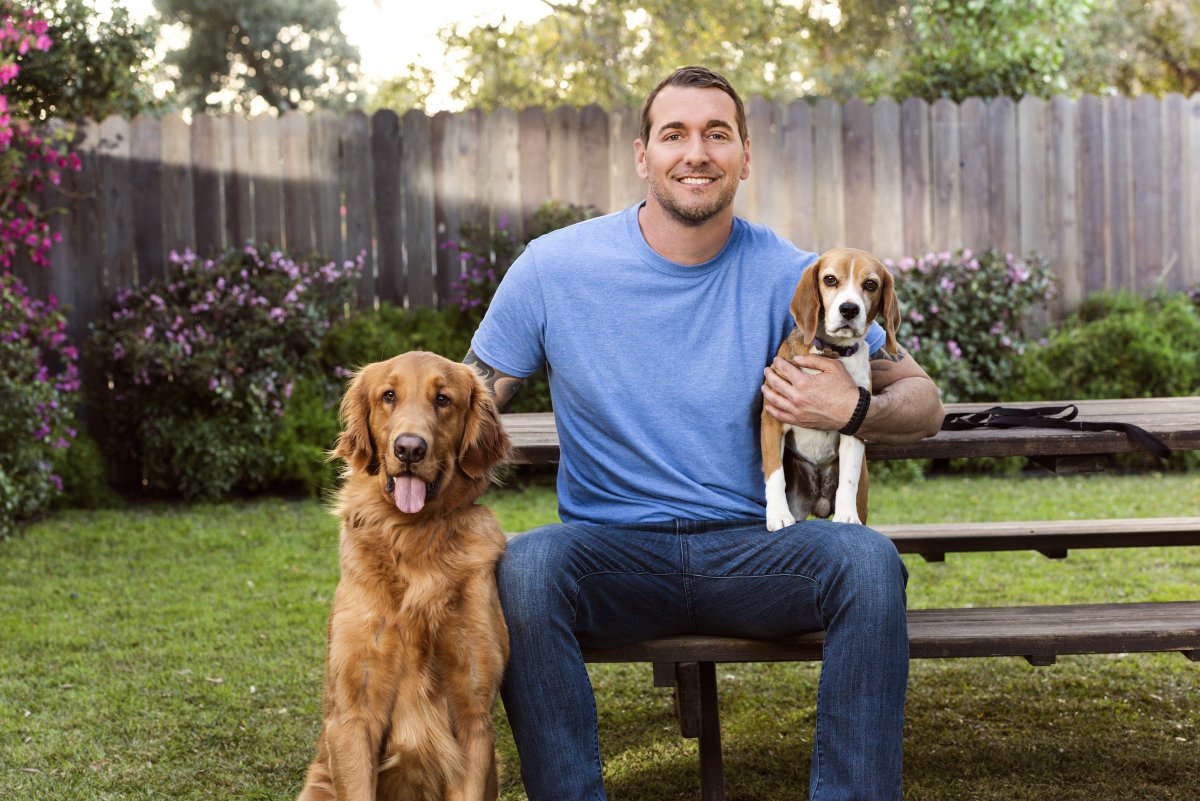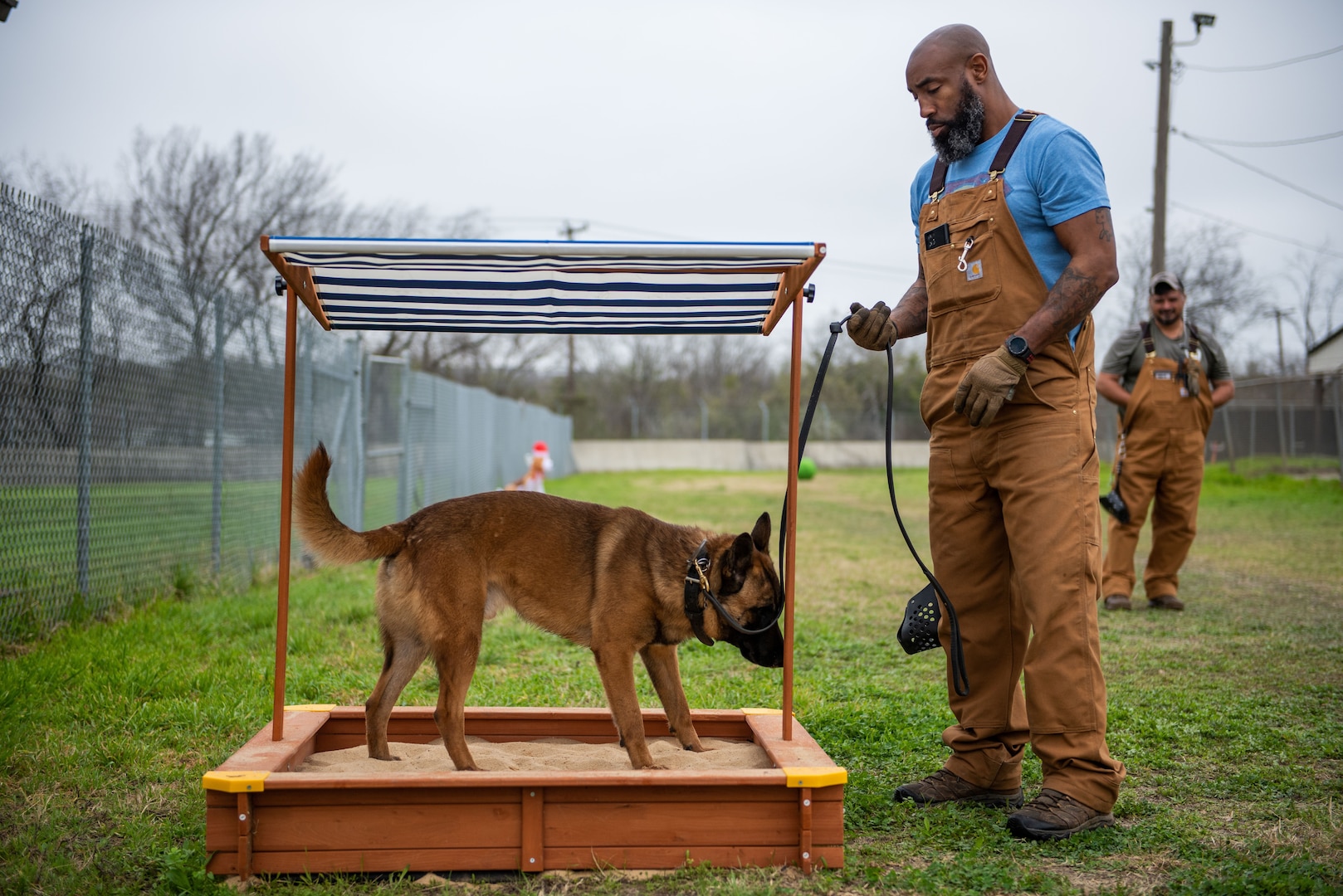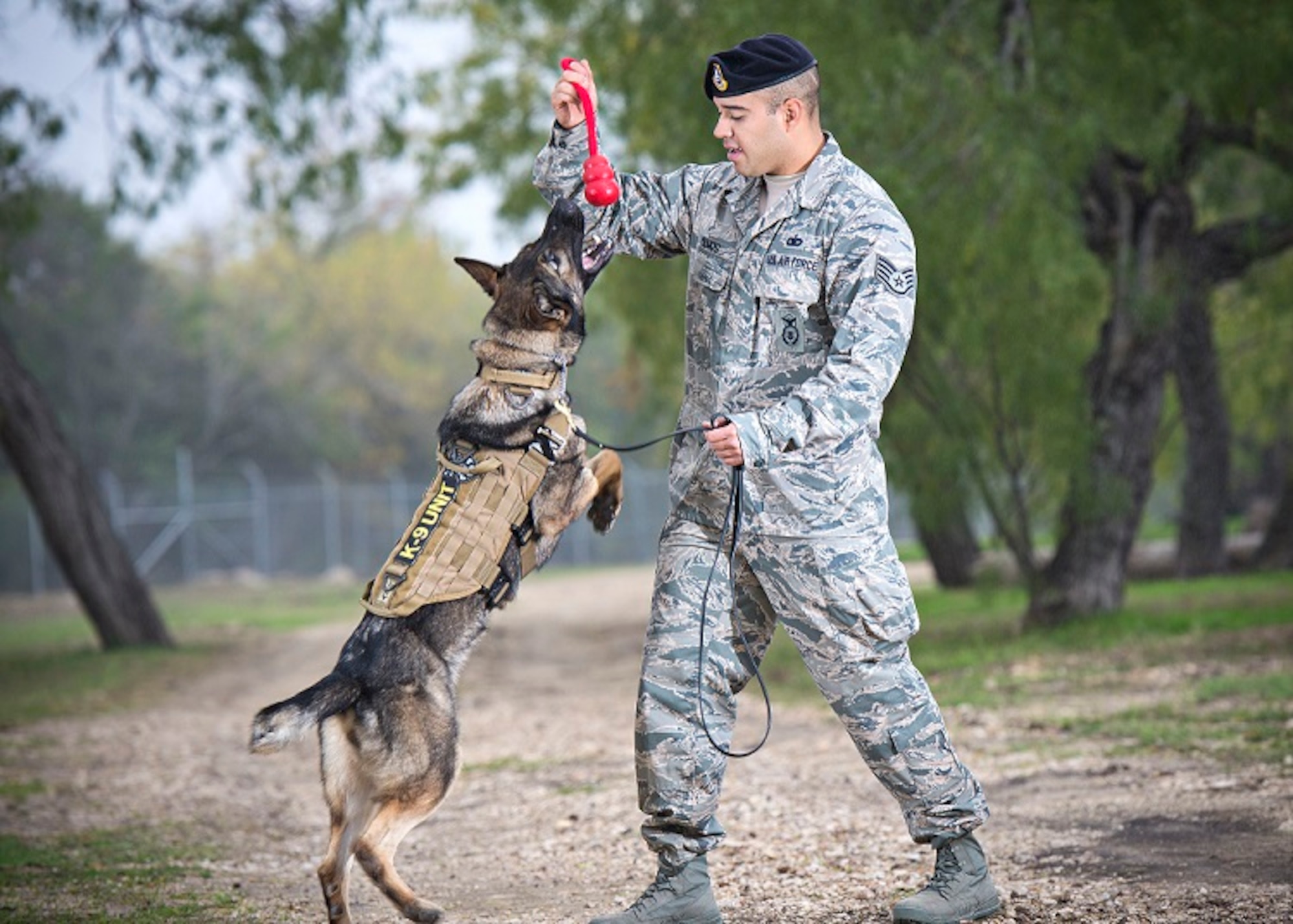Transform Your Dog's Habits With Proven Training Approaches
Transforming your pet dog's actions calls for a nuanced understanding of their individual qualities and demands, as well as the application of tried and tested training techniques. By using positive reinforcement and acknowledging important signs in their body language, you can successfully deal with common behavioral concerns such as excessive barking or jumping. Uniformity in your training strategy not just boosts obedience yet additionally promotes a much deeper bond of trust and respect between you and your pet dog. The course to effective transformation might offer unpredicted difficulties that warrant more expedition.

Understanding Pet Dog Behavior
Understanding canine behavior is essential for effective training and communication in between people and their canine buddies. Dogs, as social pets, exhibit an array of behaviors influenced by genetics, environment, and experiences. Recognizing these actions aids proprietors tailor their training approaches to satisfy the certain demands of their dogs.
Trick aspects of dog actions consist of body language, vocalizations, and social communications. A wagging tail typically suggests excitement, while a lowered head might signify submission or worry. Recognizing these signals can assist owners interpret their canine's mood and react appropriately. In addition, socialization plays a crucial role fit habits; pets that engage positively with various individuals and various other animals are usually much more versatile and well-adjusted.
Furthermore, acknowledging anxiety signals-- such as panting, evasion, or pacing actions-- can avoid rise into much more major concerns. Owners who are attuned to their pet's behavior can produce a secure and nurturing environment, cultivating trust and enhancing the training procedure. Eventually, a deep understanding of canine habits lays the structure for an unified relationship and effective training results, making certain both dogs and their proprietors thrive together.
Favorable Support Methods
Positive reinforcement methods are widely recognized as one of one of the most reliable approaches for training canines, promoting a positive discovering atmosphere. This strategy entails rewarding wanted actions with treats, appreciation, or play, consequently motivating the pet to repeat those behaviors (Dog training). Unlike punishing approaches, positive reinforcement constructs trust fund and reinforces the bond in between the trainer and the canine
To execute positive support successfully, timing is important. Rewards should be provided promptly following the desired habits to help the pet dog make the link. Consistency is also crucial; utilizing the same commands and incentives aids the canine understand what is anticipated. Additionally, differing the incentives can keep the canine involved. Rotating in between deals with, toys, and spoken praise can keep rate of interest and motivation.
It is necessary to keep in mind that positive reinforcement is not concerning bribery; rather, it has to do with strengthening good behavior. Over time, as the pet learns to connect specific actions with positive outcomes, the regularity of benefits can be slowly lowered, transitioning to spoken praise or recurring rewards. This approach not just motivates obedience yet also promotes a confident and delighted dog, making training a much more enjoyable experience for both parties involved.
Attending To Usual Issues
Dealing with usual concerns during pet dog training is essential for making certain a successful and unified connection in between the pet dog and its owner. Many pet owners run into behavioral challenges, such as too much barking, leaping, and leash drawing. Understanding the origin of these behaviors is essential for reliable training.
Too much barking may stem from dullness, anxiousness, or an absence of socializing. To minimize this, give enough exercise, psychological stimulation, and possibilities for social communication with both humans and other canines. Jumping can commonly signify excitement or a need for interest. Educating the dog to rest upon welcoming can redirect this behavior positively.
Leash pulling is another common concern, frequently resulting from a canine's eagerness to discover. Utilizing correct chain handling strategies, integrated with training protocols that urge loose-leash walking, can substantially improve this habits.
In addition, issues like resource guarding or separation anxiety require customized methods. Steady desensitization and counter-conditioning can be effective in dealing with these obstacles. By acknowledging and proactively managing these typical concerns, dog owners can promote an extra delightful training experience and strengthen the bond with their canine friends.
Uniformity in Training
Consistency is a keystone of efficient canine training, as it develops a clear framework for the dog to recognize behaviors and expectations. When commands, hints, and incentives are applied consistently, pet dogs can quicker realize what is required of them. Inconsistent training can lead to confusion, leading to unwanted actions that discourage both the canine and the instructor.
To achieve consistency, it is crucial that all participants of the household abide by the exact same training techniques. For circumstances, making use of the very same spoken cues and hand signals makes sure that the pet obtains consistent messages. In addition, the timing of incentives and adjustments need to be constant; immediate support enhances the likelihood that the canine will certainly connect the habits with the end result.
Moreover, developing you can find out more a regimen can further improve uniformity. Normal practice, coupled with structured timetables for feeding, strolling, and playtime, help dogs prepare for and recognize their atmosphere, making them more receptive to training. Ultimately, consistency fosters a complacency and depend on, encouraging pets to get more information properly. By committing to a structured approach, fitness instructors can advertise favorable actions adjustments and grow a courteous friend.
Building a Strong Bond
How can cultivating a solid bond in between a canine and its owner boost the training experience? A solid partnership constructed on count on and respect acts as the foundation for reliable training. When a pet dog feels safe and secure in its link with its owner, it is extra likely to exhibit favorable behaviors and be responsive to learning. This bond urges the canine to involve completely in training sessions, as it views the proprietor as a source of support and support.

Furthermore, a well-established link can lower stress and anxiety and behavioral concerns, as pets are much less likely to act out when they really feel recognized and looked after. Consequently, focusing on the development of a solid bond not only improves the training experience but also adds to a better and a lot more well-adjusted dog. Inevitably, the journey of training changes into a joint partnership, leading to lasting behavior improvements.
Verdict

Proprietors that are attuned to their dog's habits can produce a risk-free and caring environment, fostering count on and improving the training process. Eventually, a deep understanding of canine habits lays the structure for an unified partnership and reliable training end results, making certain both pets and their owners prosper together.
Attending to typical issues throughout dog training is necessary for making certain a effective and harmonious partnership in between the canine and its proprietor (Dog training).Uniformity is a foundation of efficient pet dog training, as it establishes a clear structure more helpful hints for the pet dog to comprehend habits and expectations.In conclusion, transforming a dog's behavior through proven training methods calls for an understanding of canine actions, the application of favorable reinforcement methods, and a focus on uniformity
Comments on “Looking for Dog Training Near Me? Discover Local Trainers Who Can Help”